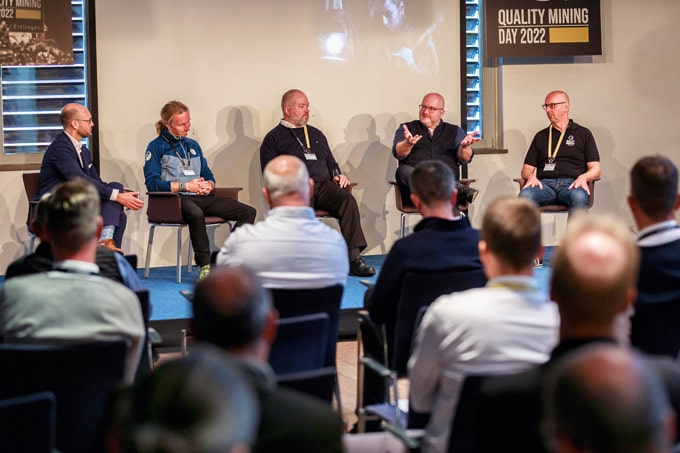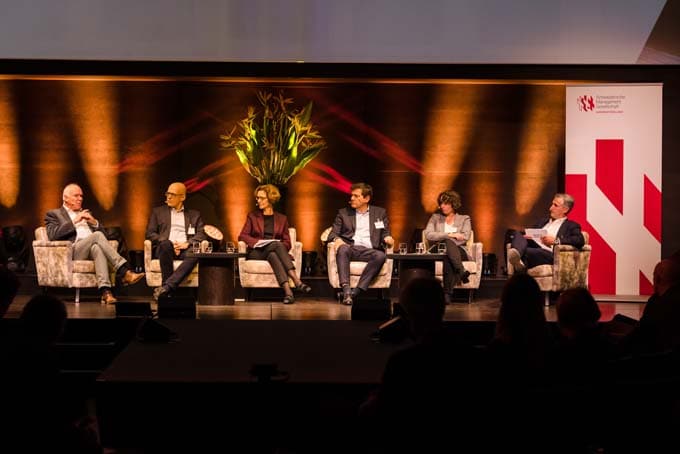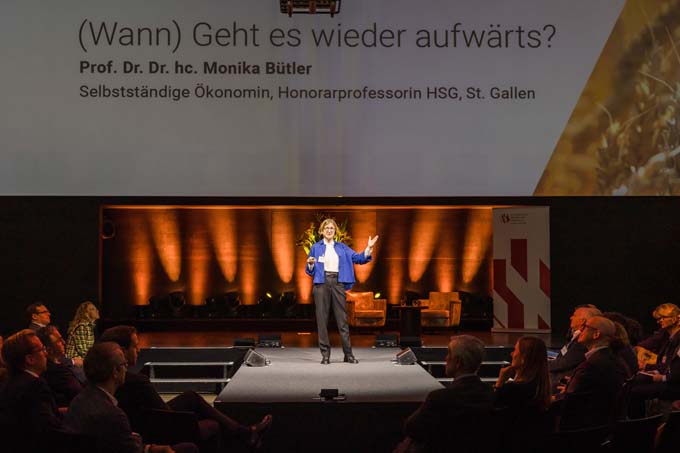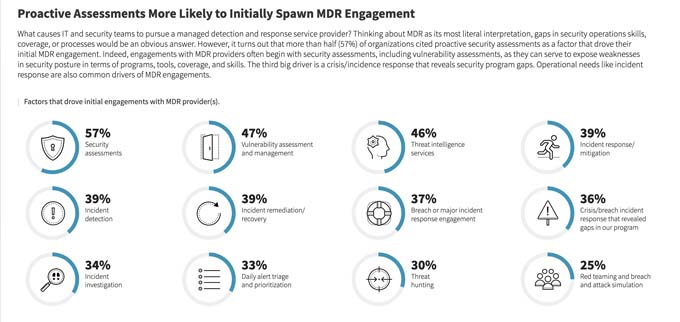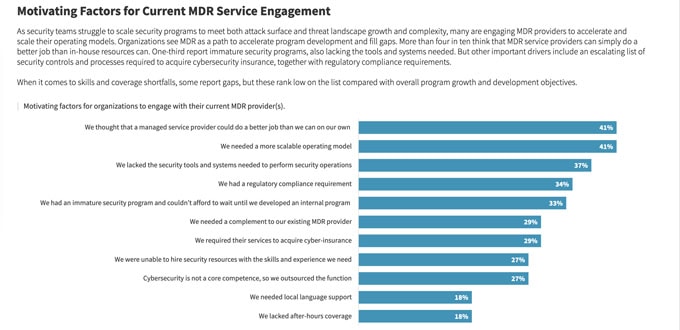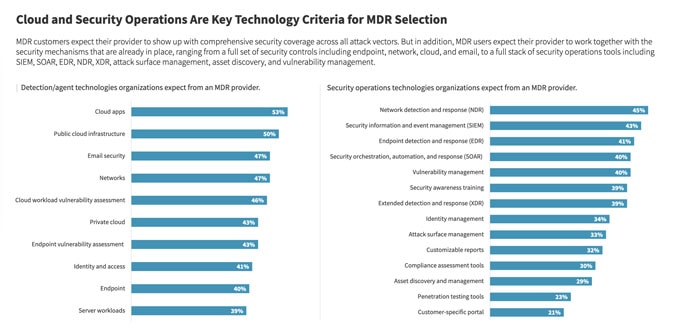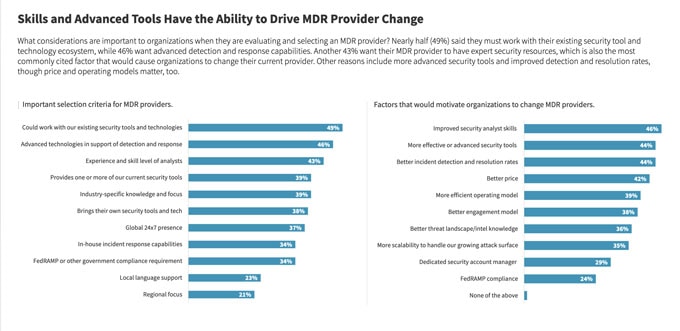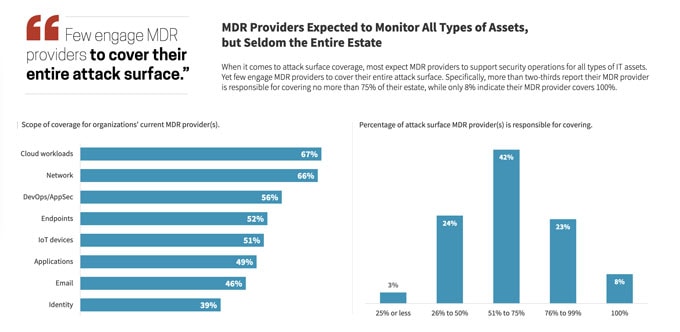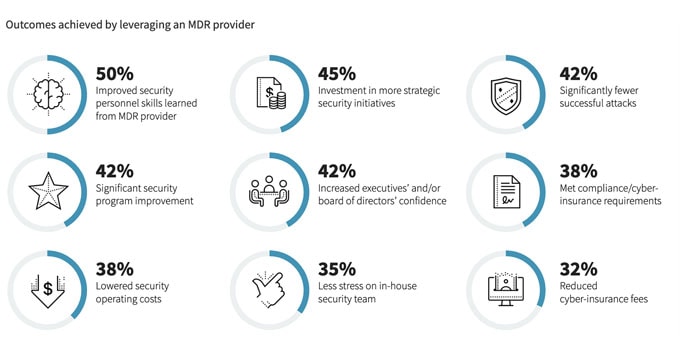Digital solutions for patient care at the University Hospital Basel
Switzerland has one of the most developed healthcare systems in the world. However, as recent studies show, it is lagging behind in the area of digitalization. The aging population and the associated increase in chronic diseases, as well as the shortage of personnel, are increasingly putting a strain on the healthcare system and thus also on the quality of patient care. Wearables for patient care Digital solutions can [...]

Switzerland has one of the most developed healthcare systems in the world. However, as recent studies show, it is lagging behind in the area of digitalization. The aging population and the associated increase in chronic diseases, as well as the shortage of personnel, are increasingly putting a strain on the healthcare system and thus also on the quality of patient care.
Wearables for patient care
Digital solutions can remedy the situation by improving the efficiency of hospitals. The use of mobile sensors - so-called wearables - will play an important role here. With the help of these sensors, patients' vital signs can be permanently measured and wirelessly transmitted, enabling automated and continuous monitoring of their state of health. This technology can make an important contribution to maintaining excellent healthcare in the future.
"Innovation projects such as vital sign monitoring with wearables are only possible with a highly available, high-performance network," says Marc Strasser, CIO at Basel University Hospital. "We use a WiFi and Bluetooth-enabled network infrastructure from Cisco. Since common wearables communicate with Bluetooth, we can use our existing infrastructure for data transmission. Technology should never be an end in itself, but should always improve the situation for our patients and staff."
Automatic transmission of measurement data
With the help of Cisco DNA Center, a comprehensive control center for the network, third-party applications can be installed on the Cisco access points. In close cooperation with Cisco and the University Hospital Basel, Leitwert has developed software that turns the Cisco Access Points into Bluetooth gateways for data transmission from wearables. As soon as a registered wearable is in the vicinity of a Cisco Access Point, the recorded measurement data is automatically read out and securely transmitted within the hospital network. This is intended to give the treatment team an overview of the patient's state of health at all times, so that they no longer have to disturb stable patients by carrying out night-time checks, for example, and at the same time can identify even earlier whether someone needs additional help.
Large area rollout possible
Leitwert's vendor-independent system makes it possible to directly integrate medical wearables from different manufacturers so that the collected health data does not have to be sent to external systems of the device manufacturers. Instead, the data can be stored directly in the hospital without leaving the secure network. Thus, the hospital retains full transparency and control over patient data. This technology was developed in a multi-year development partnership between the Universitässpital Basel and Leitwert. The integration with Cisco infrastructure opens the possibility to roll out this application on a large scale in hospitals with Cisco infrastructure. "As part of our Country Digital Acceleration initiative, we are also supporting the Swiss healthcare sector with specific investments in digitization and the development of innovative solutions," says Dr. Garif Yalak, Head of Digital Transformation, Cisco Switzerland. "In doing so, we draw on our experience with over 17,000 healthcare organizations worldwide. We are also making a decisive contribution at the University Hospital Basel: as an overall solution, the Cisco network infrastructure and Cisco DNA Center are laying the foundation for the use of wearables."
The three project partners have already successfully implemented a prototype of the new solution. This is now being extensively tested in studies to ensure that the technology meets the high requirements of the healthcare sector. As soon as the products have the prescribed certifications, the system will be used in the treatment of patients at Basel University Hospital.
Source: Cisco
This article originally appeared on m-q.ch - https://www.m-q.ch/de/digitale-loesungen-fuer-die-patientenbetreuung-am-unispital-basel/









 The new image film for Accelleron was to go beyond the usual B2B language and express the importance of the company. The audience was to develop an awareness of Accelleron and of the motivation of its employees. According to Serviceplan Suisse, "Move Further" therefore feels more like a dedicated commitment to the company's mission than an image film. In its full length of just over two minutes, the film takes viewers on a journey through the company's world, focusing on those people who make up Accelleron.
The new image film for Accelleron was to go beyond the usual B2B language and express the importance of the company. The audience was to develop an awareness of Accelleron and of the motivation of its employees. According to Serviceplan Suisse, "Move Further" therefore feels more like a dedicated commitment to the company's mission than an image film. In its full length of just over two minutes, the film takes viewers on a journey through the company's world, focusing on those people who make up Accelleron. On Black Friday, Freitag promotes the exchange instead of the buying frenzy: The online store remains closed on this day, and users are redirected to the exchange platform S.W.A.P.. And instead of offering discounts, this year for the first time Friday is enticing people into local stores with bag-swapping events.
On Black Friday, Freitag promotes the exchange instead of the buying frenzy: The online store remains closed on this day, and users are redirected to the exchange platform S.W.A.P.. And instead of offering discounts, this year for the first time Friday is enticing people into local stores with bag-swapping events.